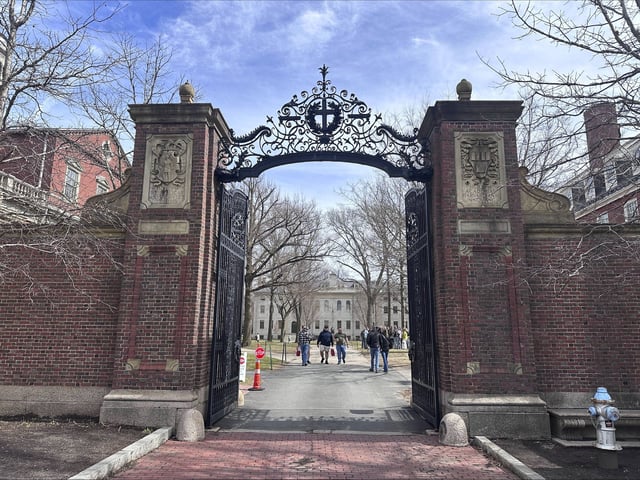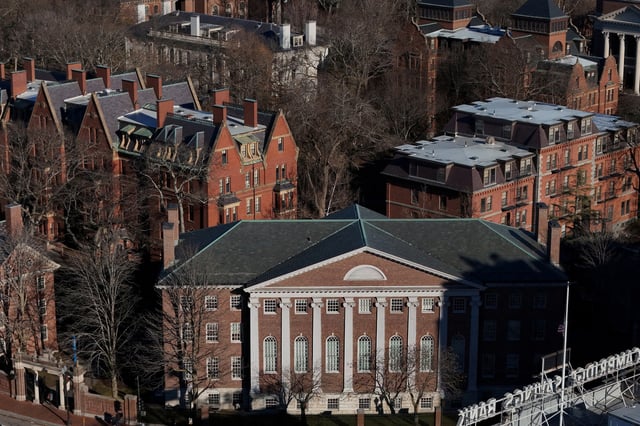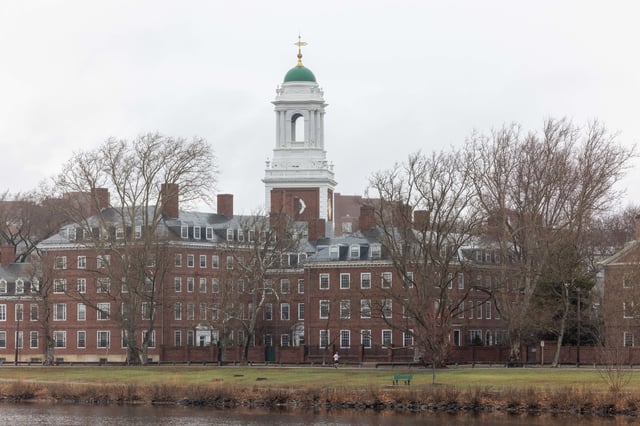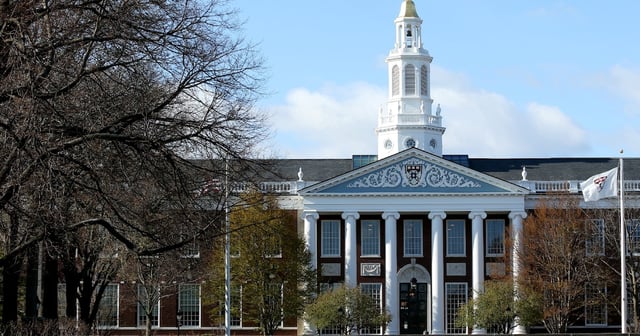Overview
- The U.S. Department of Education announced the freeze on April 14, citing Harvard's non-compliance with federal directives aimed at addressing alleged antisemitism and campus policies.
- Harvard President Alan Garber rejected the demands, asserting the university’s constitutional rights and academic autonomy in a public letter.
- Federal demands included the elimination of diversity, equity, and inclusion (DEI) programs and an audit of student and faculty opinions, which Harvard deemed overreaching and unconstitutional.
- The funding freeze has sparked public protests in Cambridge, Massachusetts, with demonstrators opposing federal interference in university governance.
- This action is part of a broader federal effort to reshape policies at elite universities, following similar measures against Columbia University earlier this year.



